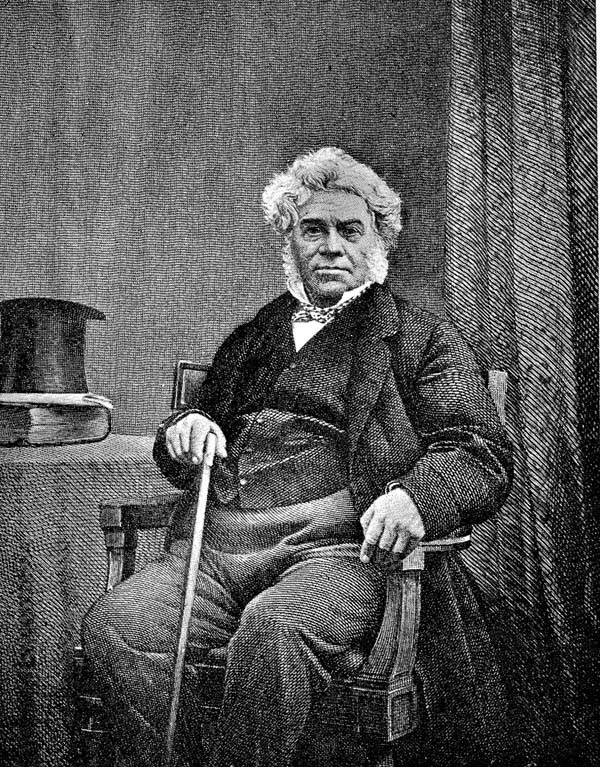William Dick (1793-1866)

Portrait of Professor William Dick from postcard
Credit: Wellcome Collection CC BY 4.0
https://wellcomecollection.org/works/n3rcd4tk
William Dick (1793-1866) was a gifted diagnostician, veterinary educator, editor, and author who contributed a lasting legacy to the veterinary art. He is remembered as the person who accomplished the founding of the Edinburgh Veterinary College in Scotland that went on to develop an international reputation in veterinary medicine. He was born in Edinburgh on 6 May 1793 and began his training as a farrier at his father’s forge in the New Town. He attended medical lectures in anatomy, medicine and chemistry at the Edinburgh medical school (Hunter, 2004, p. 6). He received a diploma in 1818 after three months of study at the London Veterinary College.
Returning to Edinburgh after practising in London, Dick promoted the cause of veterinary education in Scotland. He was successful and in 1823 the Directors of the Highland Society of Scotland at Edinburgh approved funds to promote "public instruction in the veterinary art and the diseases of livestock" (University of Edinburgh, 2016, webpage). The Highland Society publicized the school and the value to landowners of educated individuals from the veterinary school who would know the farrier arts, but also the correct treatment of the diseases of livestock. Passing qualifying examinations administered by external practitioners resulted in a certificate issued by the Highland Society. “The new faculty achieved a strong international reputation, comparable with the best, by the 1842” (Dunlop & Williams, 1996, p. 348). The Edinburgh Veterinary College was developed “… to serve the interests of owners of all classes of livestock (Smithcors, 1957, p. 320). Dick was appointed Veterinary Surgeon in Scotland to Queen Victoria in 1842.
William Dick, personally and through the school he founded, had a substantial impact on the development of veterinary education in Britain and, also in North America, through the graduates he trained and mentored. According to Smithcors (1957, p. 319), “... no fewer than seven of Dick’s students became deans of veterinary schools in the United Kingdom and in America." Carrying the tradition of the Edinburgh school to North America were alumni from the classes of 1861 and 1862 - Andrew Smith, James Law and Duncan MacEachran. Andrew Smith founded the Ontario Veterinary College in Canada in1862. James Law became the first professor of veterinary medicine at Cornell University in the USA in 1868. Duncan MacEachran founded a private veterinary college in Montreal, Canada which later became affiliated with McGill University.
According to Smithcors (1957, p. 319), “... no fewer than seven of Dick’s students became deans of veterinary schools in the United Kingdom and in America."
William Dick was known as an excellent clinical instructor. He was editor of The Veterinarian for 12 years and wrote articles on clinical subjects in addition to lectures on horses, black cattle, sheep and other domestic animals. His Occasional Papers on Veterinary Subjects published in 1869 appears in the Rosen collection.
keywords: veterinary educator: science writer/publisher
Gervase Markham
James Clark
Edward Coleman
William Youatt
William Percivall
John Gamgee

